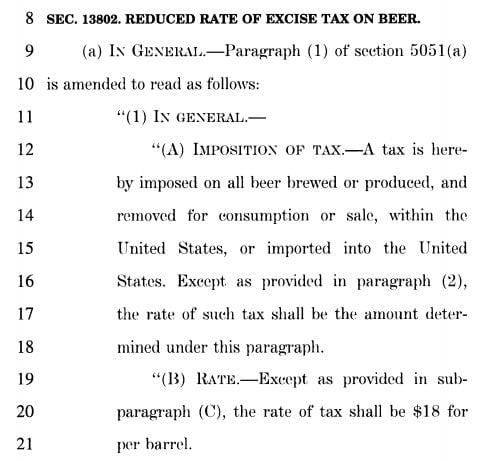Five social experiments buried in the Republican tax cut bill
Tax law may seem like it is all about the economy—or, last week, all about cutting taxes on the highest-earning Americans—but it touches on all aspects of society. As Republican lawmakers spend the week reconciling two versions of their bill to cut taxes, they’ll have the opportunity to endorse or reject several measures that hit not just Americans’ wallets, but how they worship, where they learn and what drugs they do.
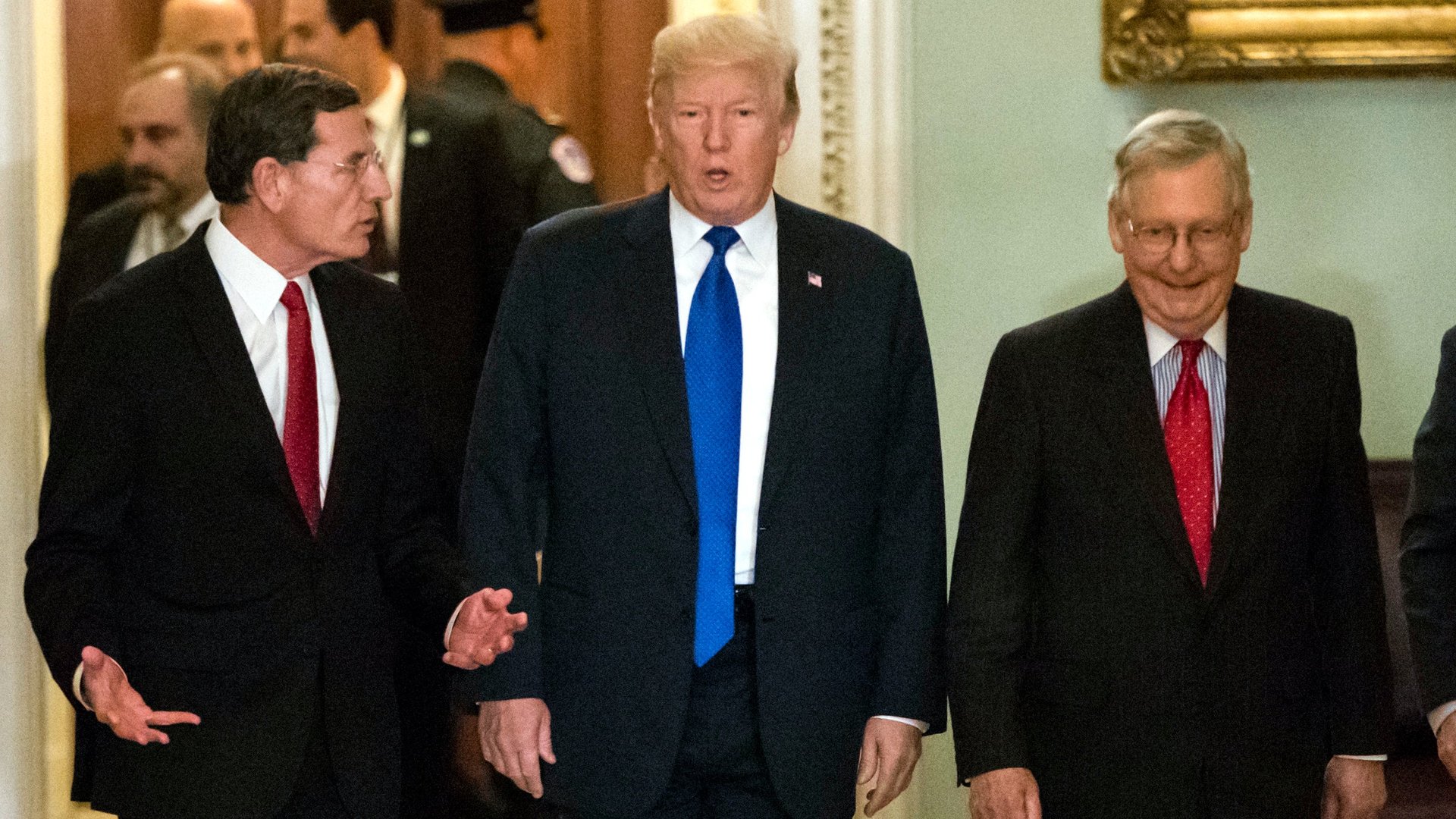

Tax law may seem like it is all about the economy—or, last week, all about cutting taxes on the highest-earning Americans—but it touches on all aspects of society. As Republican lawmakers spend the week reconciling two versions of their bill to cut taxes, they’ll have the opportunity to endorse or reject several measures that hit not just Americans’ wallets, but how they worship, where they learn and what drugs they do.
Churches will be able to raise money for political work.
The bill repeals a 1954 amendment that threatens the loss of tax-exempt status for non-profits who engage in political activity. The repeal has been championed by evangelical churches who say their free speech is threatened because they cannot endorse candidates in the pulpit. Yet other religious groups fear that giving a green light to political fundraising at churches will bring partisan politics into what should be a spiritual haven. Campaign finance advocates fear that this will lead to a boost in sham churches raising money for explicitly political purposes so that donors will be able to deduct political spending from their tax bill.

Your fetus is a person for tax purposes.
Snuck into the rule that allows parents to deduct a certain amount of savings for their children’s education is a rule that makes clear an unborn child can qualify for these savings. This doesn’t really change the effect of the law—people can already save for future education expenses before their children are born. But it does quietly establish a legal precedent for the anti-abortion movement to cite that Congress believes unborn children are full legal persons. This is part of its strategy for undermining the Supreme Court’s decision in Roe v. Wade to allow legal abortion in the US.
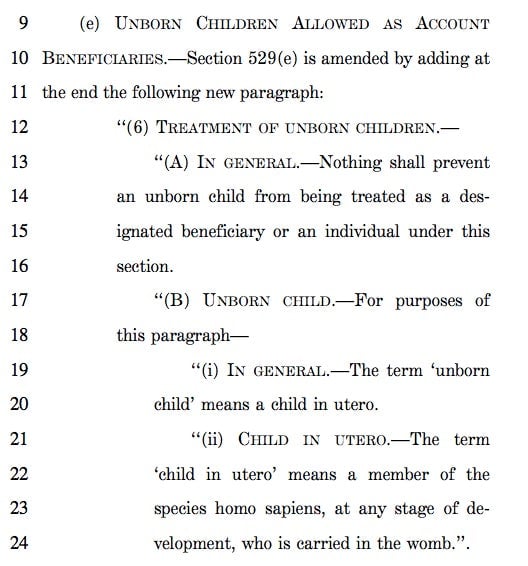
You don’t have to buy health insurance if you don’t want to—which means prices go up if you do.
A key part of trying to make health insurance coverage universal is making it, well, universal, by requiring that everyone get it; this helps spread the costs of health care among as broad a pool of people as possible. Repealing the requirement will save the government money because fewer people will enroll in publicly-subsidized health plans. However, a good chunk of those subsidies underpinned the individual insurance market, so even people who don’t receive the payments are expected to see higher premiums.
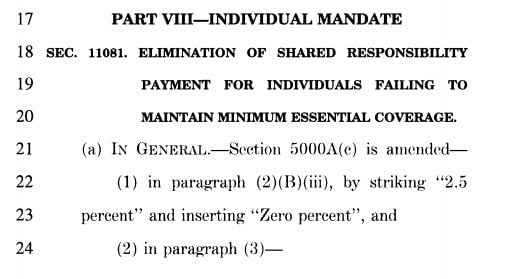
Private and religious schools will cost less; public school funding is threatened.
At the last minute, vice president Mike Pence came to the senate to cast a tie-breaking vote on an amendment proposed by senator Ted Cruz. IT will give a tax break worth up to $10,000 to people who pay for their children to attend private or religious elementary or secondary schools, or who home school their children. This is a big win for people who can afford to send their kids to private schools, or keep them out of public ones.
The bill, however, is likely to put pressure on local public schools because it eliminates the deduction for state and local income taxes, and caps it for property taxes; both of these mechanisms provide key funding for education but could come under pressure as tax bills rise under the new system. On the plus side, the senate bill will now let teachers deduct $500 worth of school supplies they personally buy to fill in the gap. (The House version eliminates that deduction entirely.)
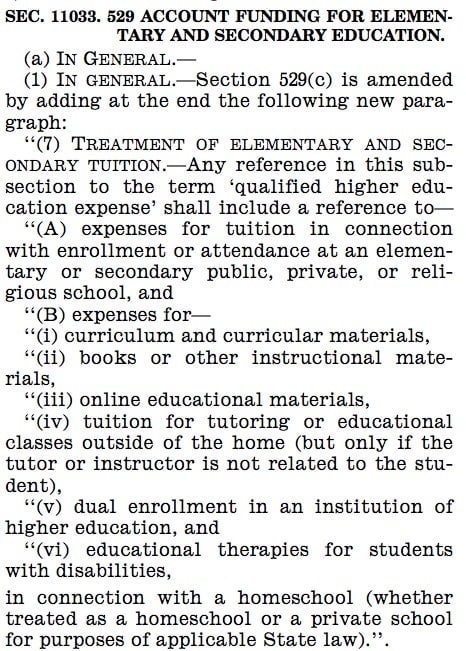
Beer and wine get a break.
The idea of tax reform is that, by closing off loopholes that benefit special interests, you can lower rates for everyone. There are a lot of connections between key Republican lawmakers and the alcohol industry, and in this bill, special taxes on beer and wine makers will be reduced, providing $4.2 billion in extra benefits alongside the passel of business tax cuts already included in the legislation.
Public health advocates say this is bad news for Americans. The real cost of alcohol taxes has been dropping for years, and the US already has some of the lowest taxes on booze in the developed world. Making alcohol even cheaper could lead to more deaths from drunk driving and addiction.
